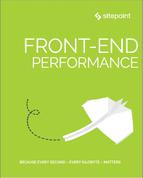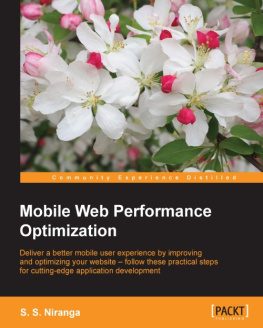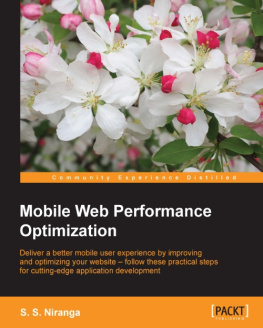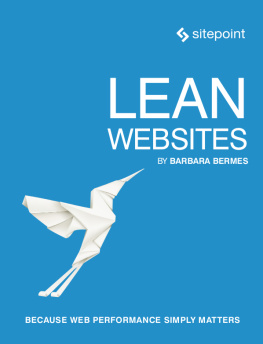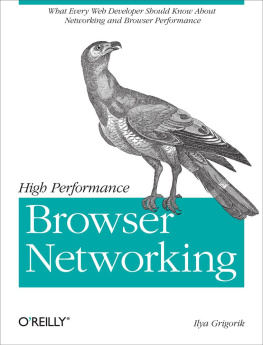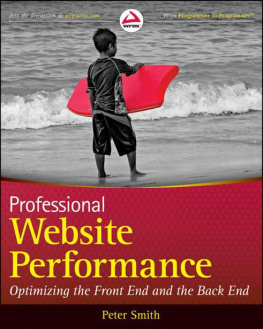In your hands is the largest collection of web performance articles ever published. It includes performance topics such as open source tools, caching, mobile networks and applications, automation, improving the user experience, HTML5, JavaScript, CSS3, metrics, ROI, and network protocols. The collection of authors is diverse including employees of the worlds largest web companies to independent consultants. At least seven web performance startups are represented among the contributors: Blaze, CloudFlare, Log Normal, Strangeloop, Torbit, Turbobytes, and Zoompf. The range of topics and contributors is impressive. But what really impresses me is that, in addition to their day jobs, every contributor also runs one or more open source projects, blogs, writes books, speaks at conferences, organizes meetups, or runs a non-profit. Some do all of these. After a full day of taming JavaScript across a dozen major browsers or tracking down the regression that made page load times spike, what compels these people to contribute back to the web performance community during their spare time? Here are some of the responses Ive received when asking this question:
Lack of Formal Training
Many of us working on the Web learned our craft on the job. Web stuff either wasnt in our college curriculum or what we did learn isnt applicable to what we do now. This on the job training is a long process involving a lot of trial and error. Sharing best practices raises the group IQ and lets new people entering the field come up to speed more quickly.
Avoid Repeating the Same Mistakes
Mistakes happen during this trial and error process. Sometimes a lot of mistakes happen. We have all experienced banging our heads against a problem in the wee hours of the morning or for days on end, often stumbling on the solution only after a long process of elimination. Thankfully, our sense of community doesnt allow us to stand by mutely while we watch our peers heading for the same pitfalls. Sharing the solutions we found lets others avoid the same mistakes we made.
Obsessed with Optimization
By their nature, developers are drawn to optimization. We all strive to make our code the fastest, our algorithms the most efficient, and our architectures the most resilient. This obsession doesnt just stop with our website; we want every website to be optimized. The best way to do that is to share what we know.
Like to Help
Finally, some people just really like to help others. That look on someones face when they realize they just saved a week of work or made their site twice as fast makes us feel like weve helped the community grow.
As a testimony to this sense of sharing, the authors have dedicated all royalties of this book to the WPO Foundation, a non-profit organization that supports the web performance community. Thus, you can enjoy the chapters that lie ahead not only because they are some of the best web performance advice on the planet, but also because it was given to the web performance community selflessly. Enjoy!
From the Editor
Stoyan Stefanov
In the spirit of the true high-performance, non-blocking asynchronous delivery, you now have the Web Performance Daybook, Volume 2 published before Volume 1. I hope you'll enjoy reading the book as much as I enjoyed working on it and rubbing (virtual) shoulders with some of the brightest people in our industry.
Back in December 2009, I wanted to give an overview of the web performance optimization (WPO) discipline. I decided on a self-imposed deadline of an-article-a-day from December 1 to 24: the format of an advent calendar similar to http://www.24ways.org. As it turned out, 24 articles in a row was quite a challenge and so I was happy and grateful to accept the offers for help from a few friends from the industry: Christian Heilmann (Mozilla), Eric Goldsmith (AOL), and two posts from Ara Pehlivanian (Yahoo!).
The articles were warmly accepted by the community and then the following year, in December 2010, the calendar was already something people were looking forward to reading. The calendar also got a new home at http://calendar.perfplanet.com as a subdomain of the Planet Performance feed aggregator. And this time around more people were willing to help. Developers of all around our industry were willing to contribute their time, to share and spread their knowledge, announce new tools, and this way create a much better set of 24 articles than a single person could. This is what soon will become Volume 1 of the series of Daybooks.
Then came December 2011, and we had so much good content and enthusiasm that we kept going past December 24, all the way to December 31, even publishing two articles on the last day. This is the content that you have in your hands in a book format as Web Performance Daybook, Volume 2 .
Our WPO community is young, small, but growing, and in need of nourishment in the form of community building events such as the advent calendar. That's why it was exciting to have the opportunity to collaborate on this title with O'Reilly and all 32 authors. I'm really happy with the result and I know that both volumes will serve as a reference and introduction to performance tools, research, techniques, and approaches for years to come. Theres always the risk with outdated content in offline technical publications, but I see references to the calendar articles in the latest conferences today all the time, so I'm confident this knowledge is to remain fresh for quite a while and some of it is even destined to become timeless.
Enjoy the book, prepare to learn from the brightest in the industry and, most of all, be ready to make the Web a better place for all of us!
About the Authors
Patrick Meenan
Patrick Meenan (http://blog.patrickmeenan.com/) (@patmeenan) created WebPagetest (http://www.webpagetest.org/) while working at AOL and now works at Google with the team that is working to make the Web faster (http://code.google.com/speed/).
Nicholas Zakas
Nicholas C. Zakas (http://www.nczonline.net/) (@slicknet) is chief architect of WellFurnished, a site dedicated to helping you find beautiful home decor. Prior to that, he worked at Yahoo! for almost five years, where he was a presentation architect, frontend lead for the Yahoo! homepage, and a contributor to the YUI library. He is the author of Maintainable JavaScript (OReilly, 2012), Professional JavaScript for Web Developers (Wrox, 2012), Professional Ajax (Wrox, 2007), and High Performance JavaScript (OReilly, 2010). Nicholas is a strong advocate for development best practices including progressive enhancement, accessibility, performance, scalability, and maintainability. He blogs regularly at http://www.nczonline.net/.

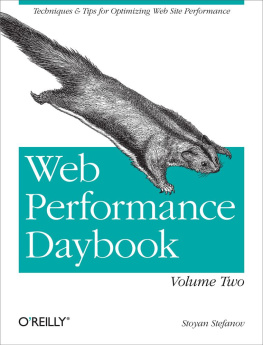
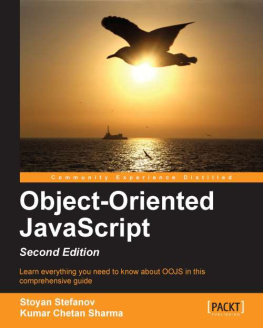
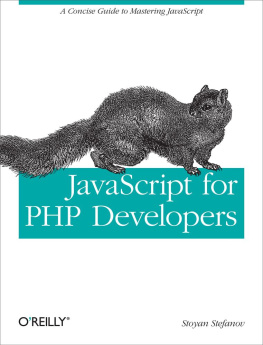
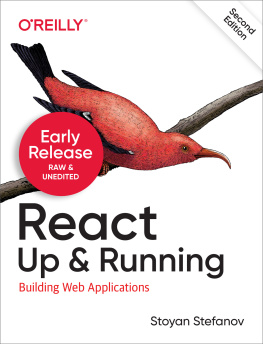
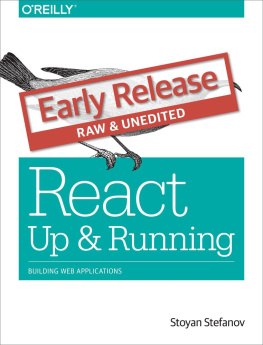
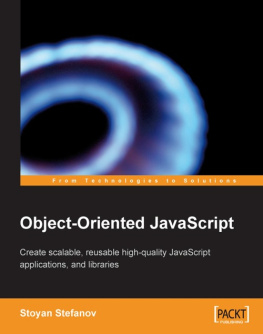

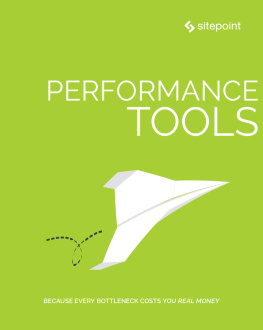
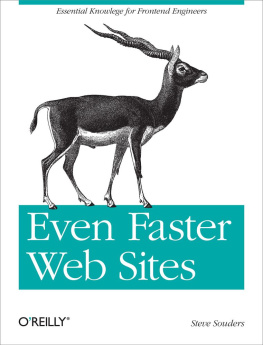
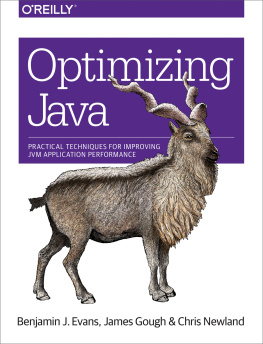
![Souders - Even faster web sites: [performance best practices for web developers]](/uploads/posts/book/137083/thumbs/souders-even-faster-web-sites-performance-best.jpg)
